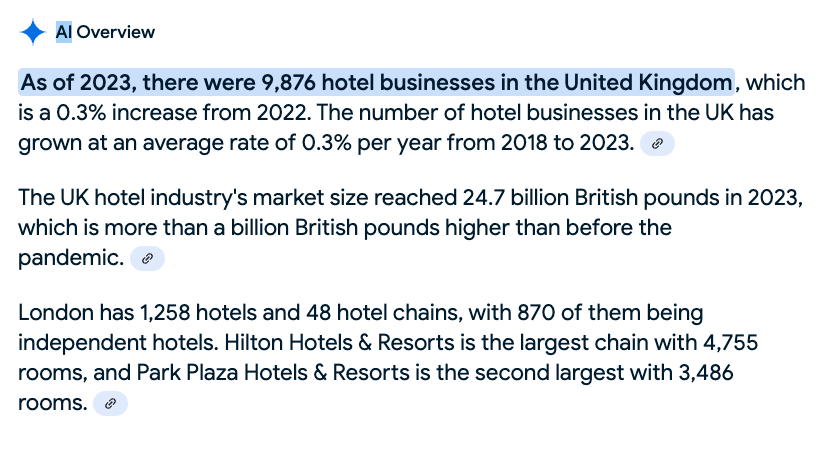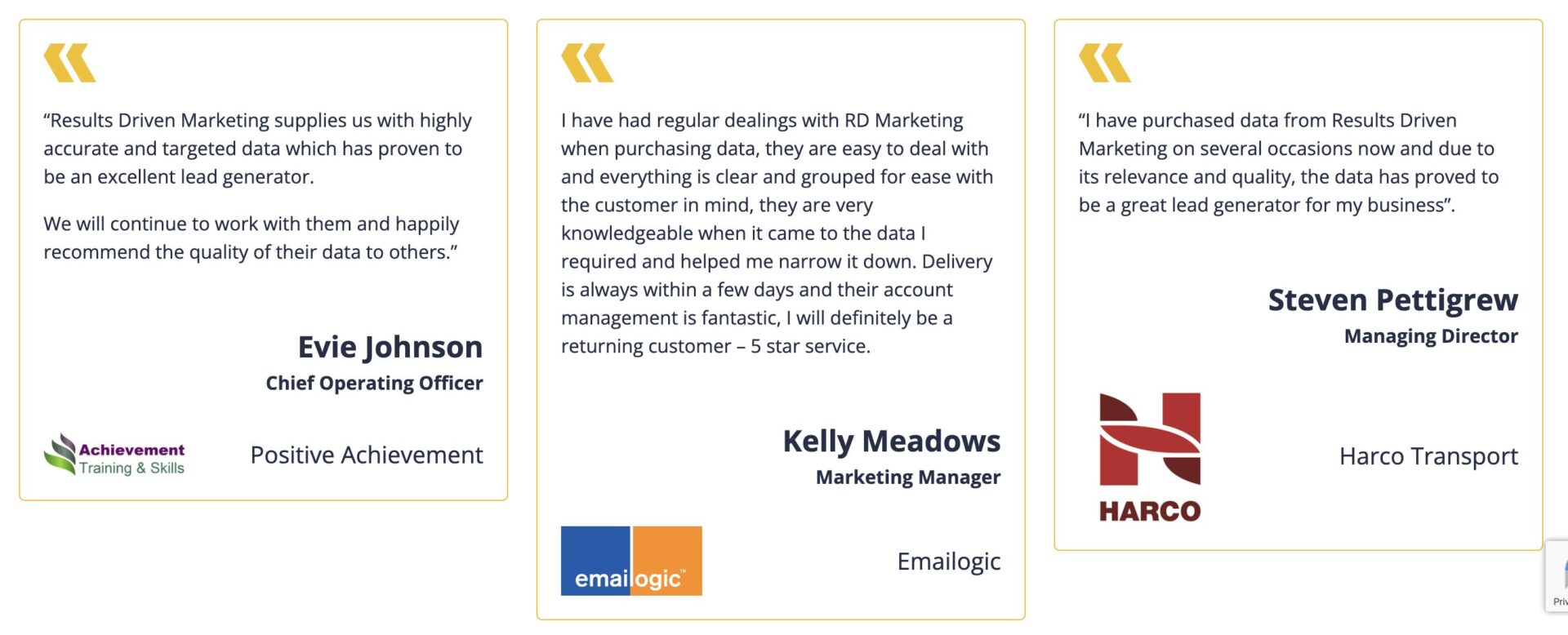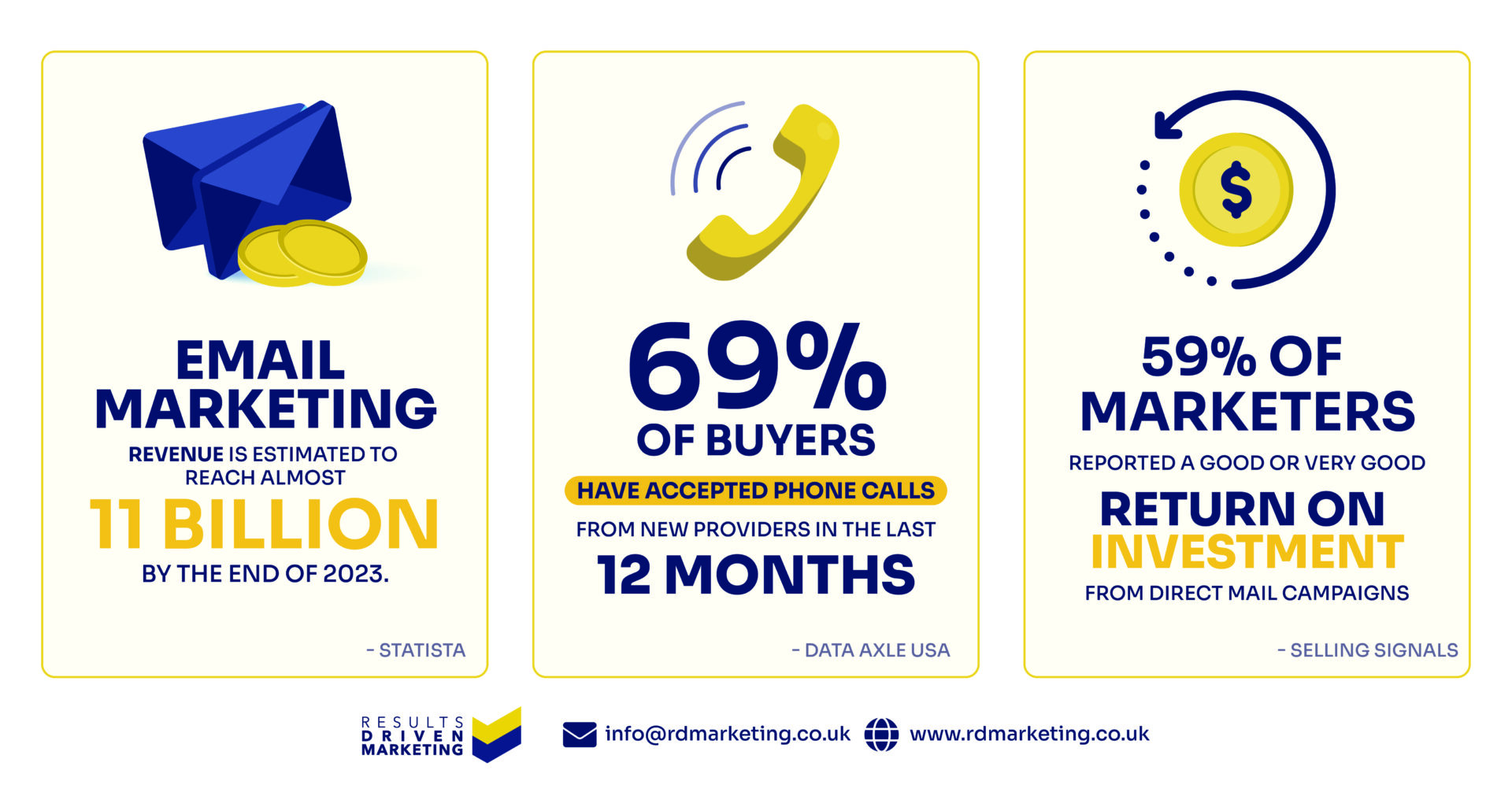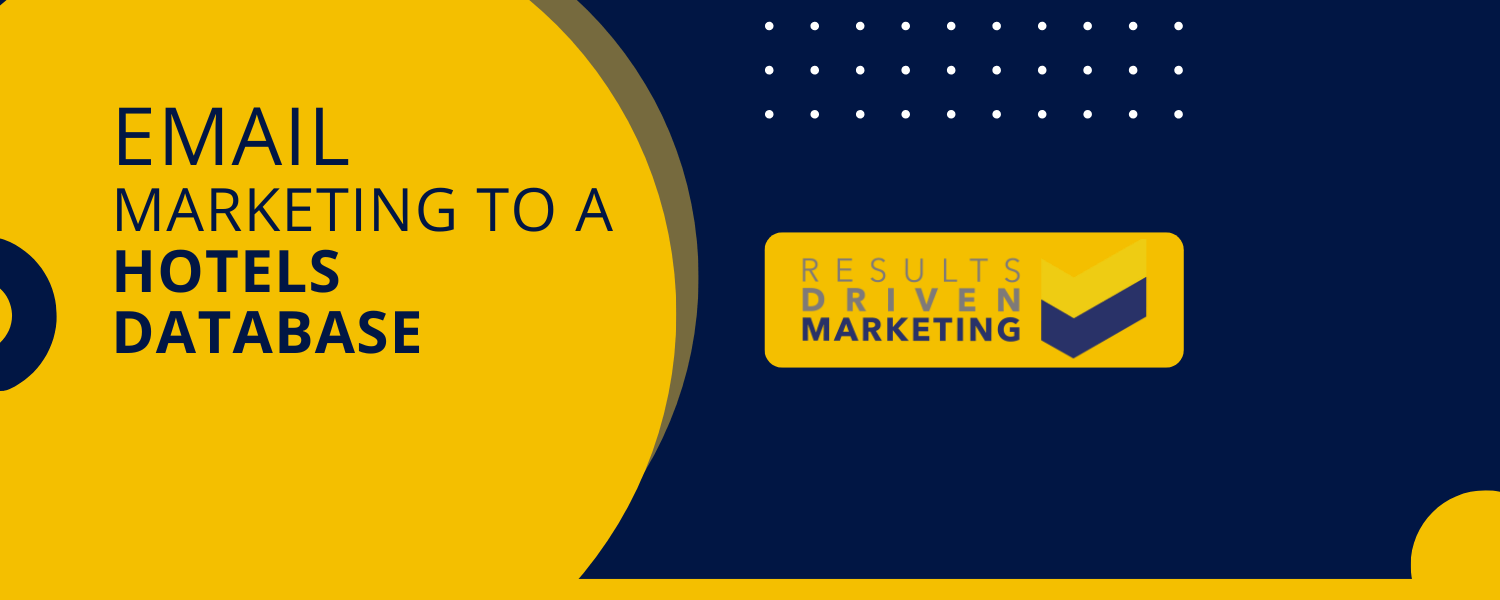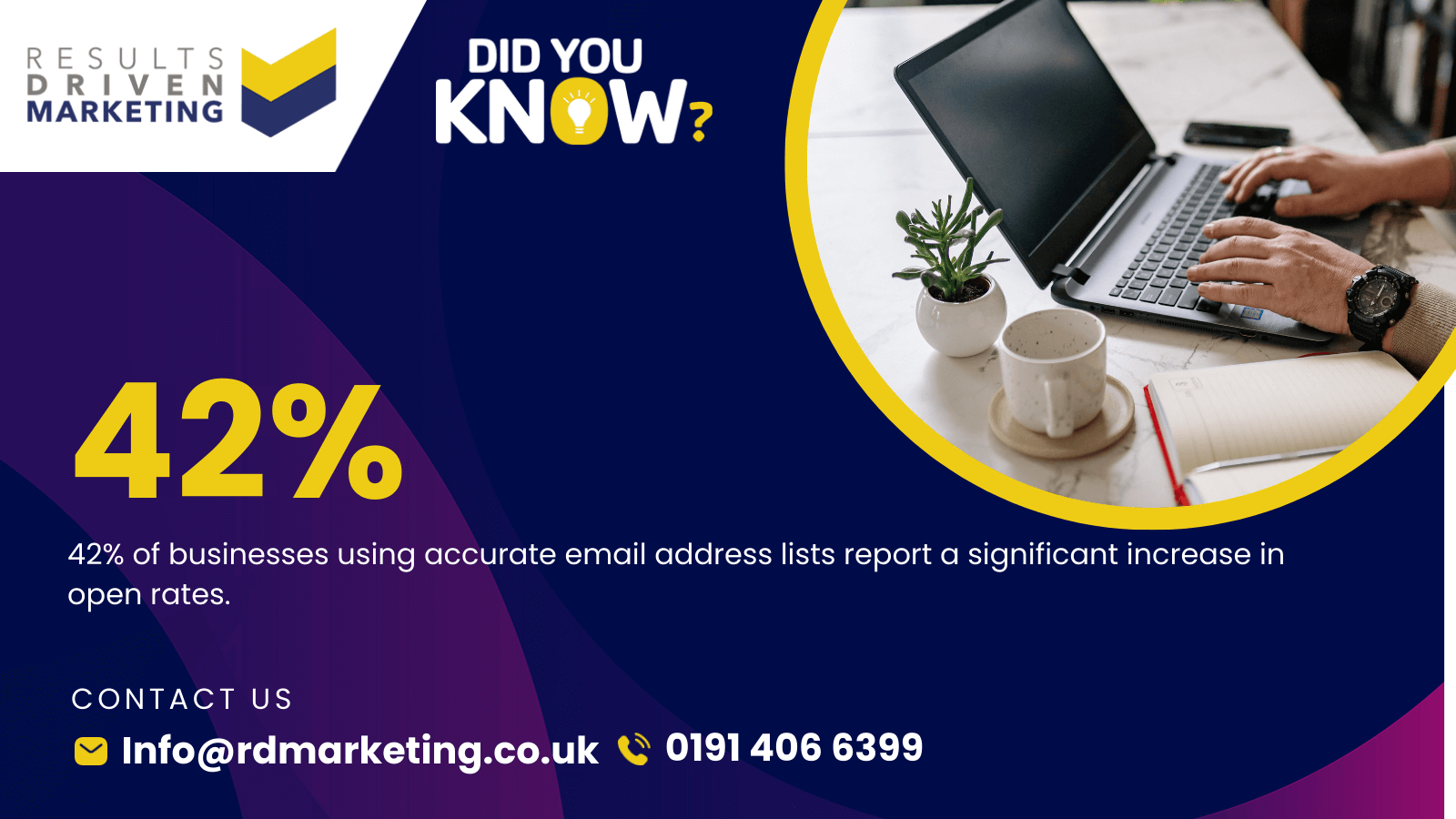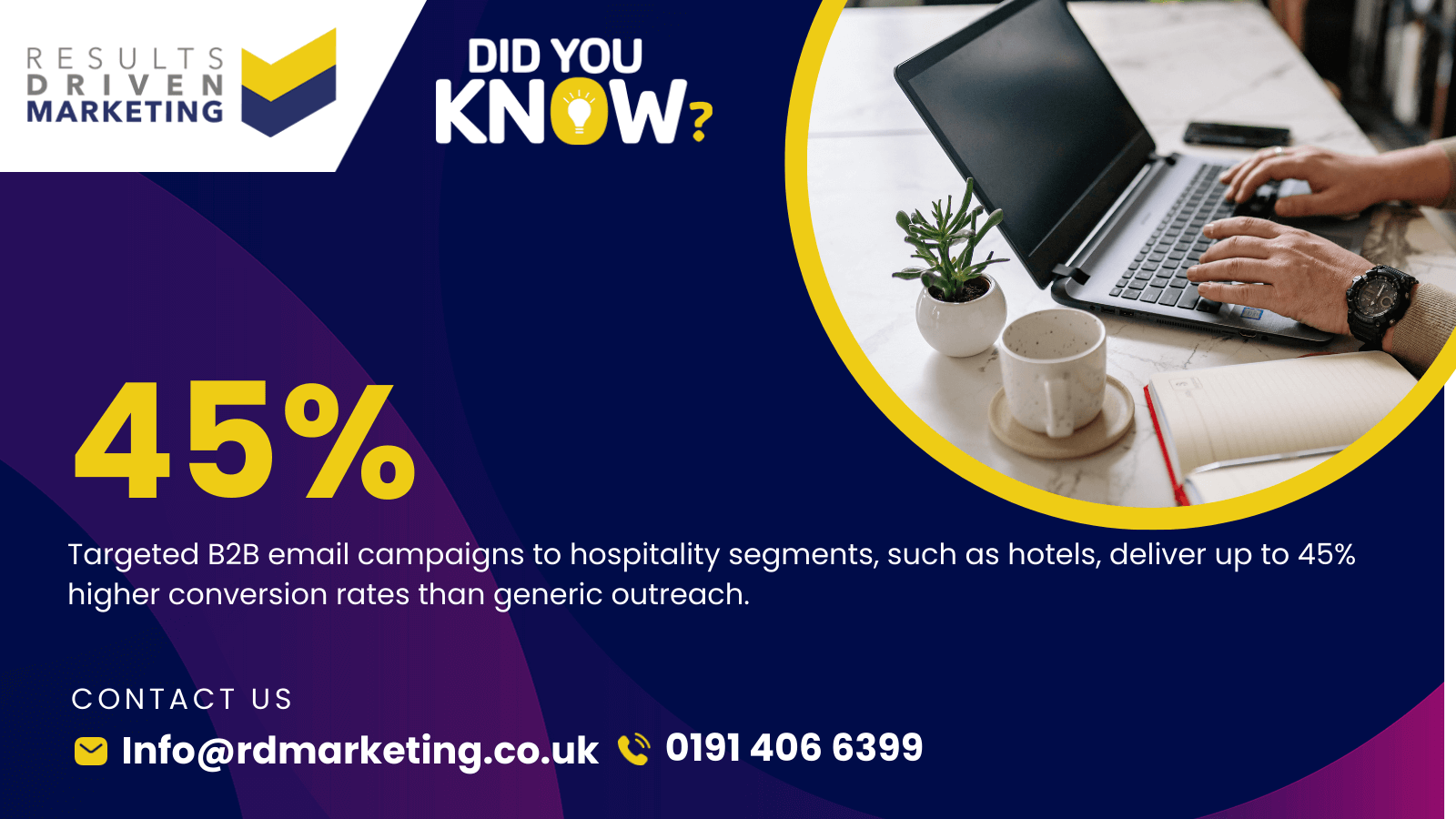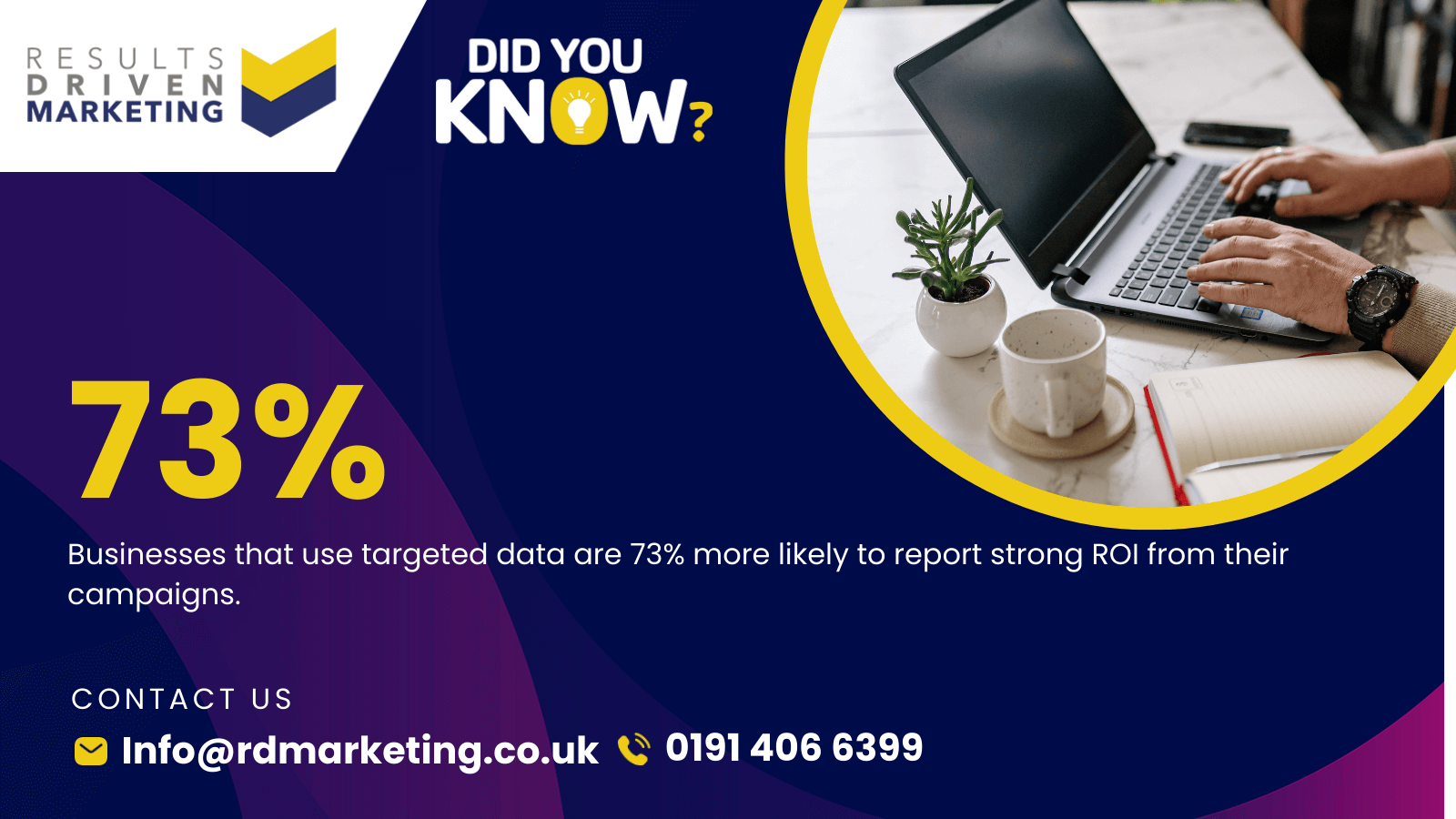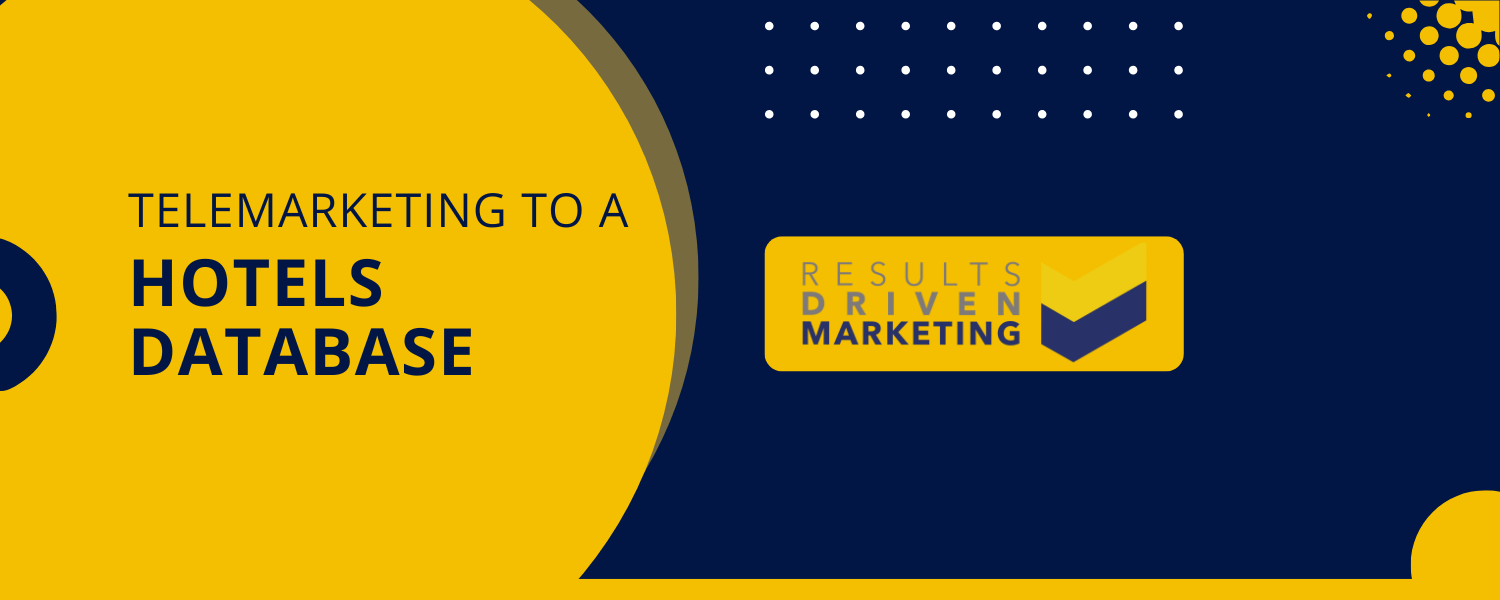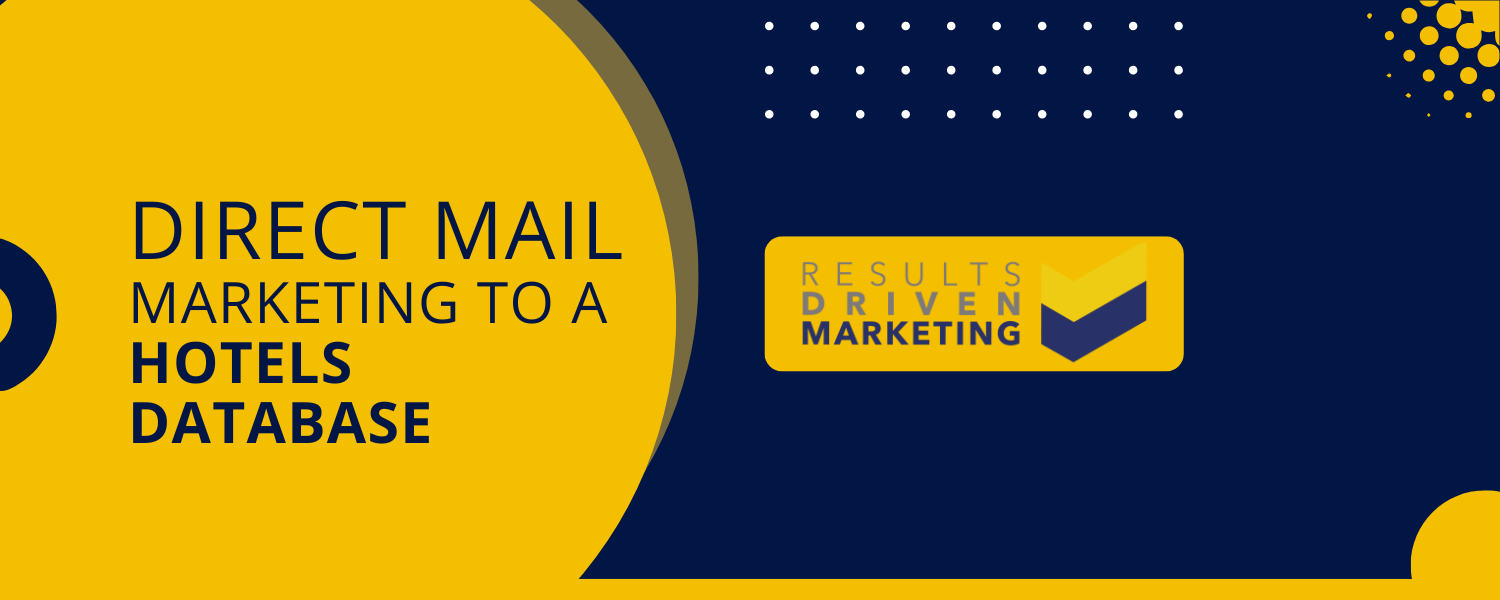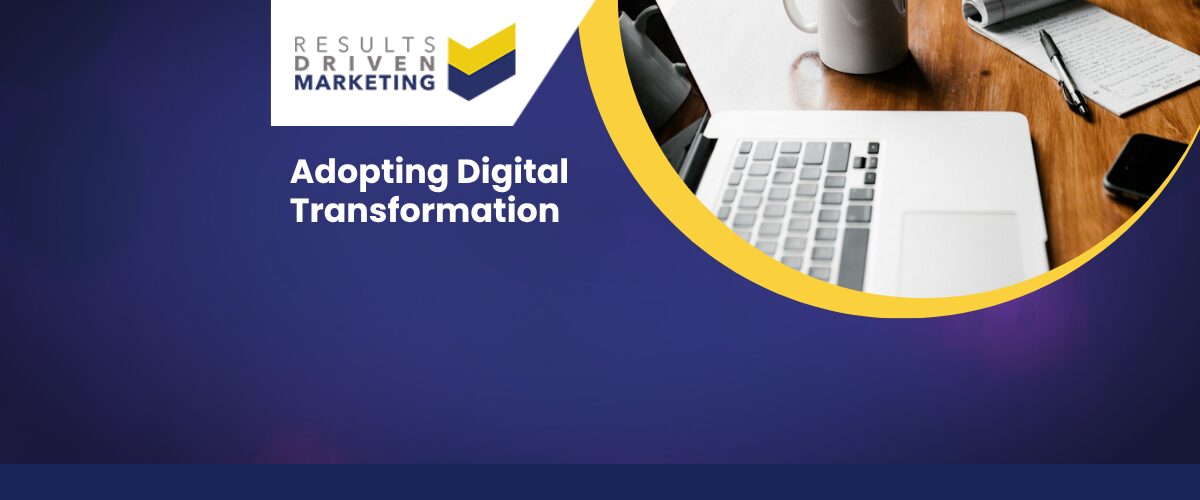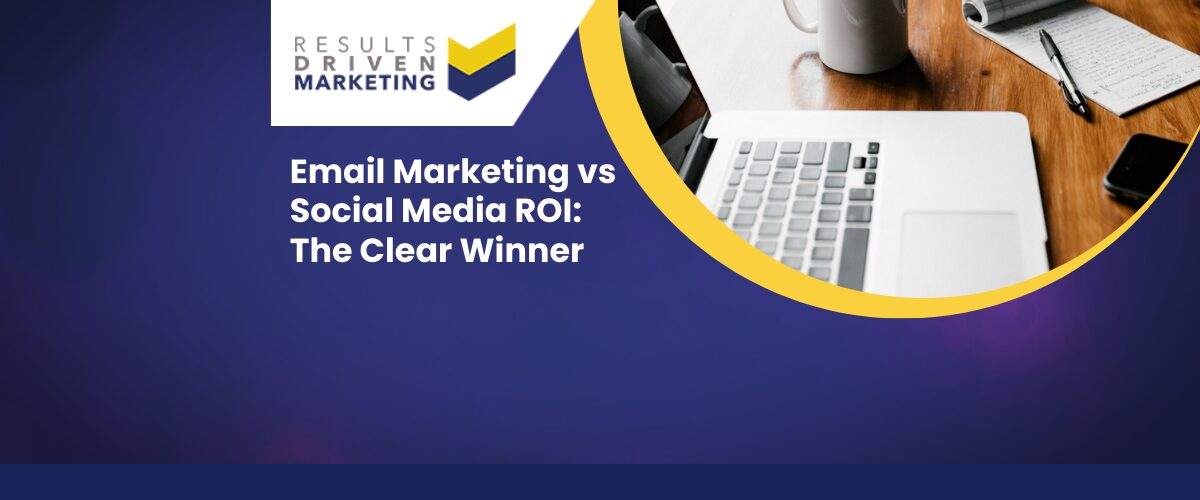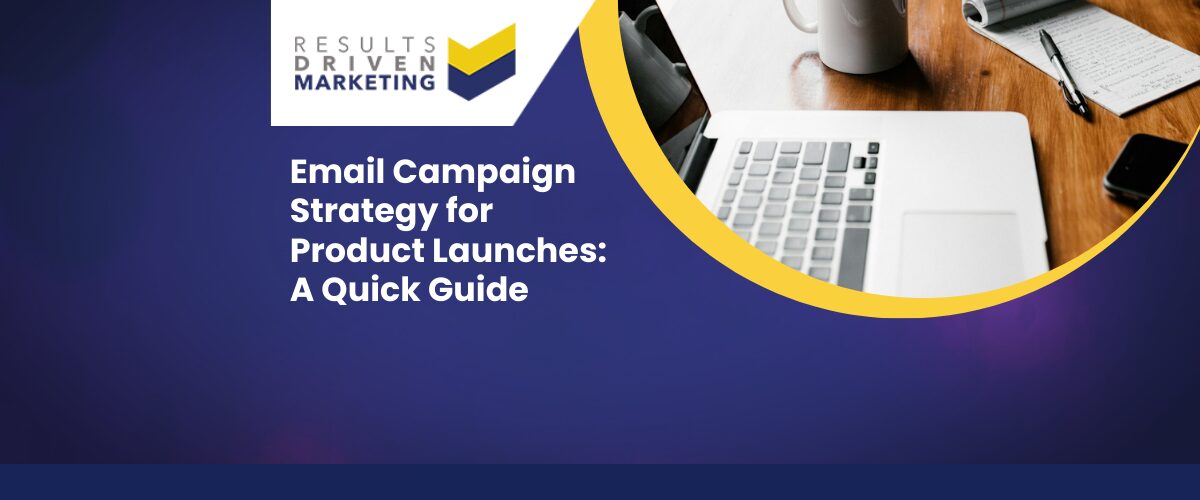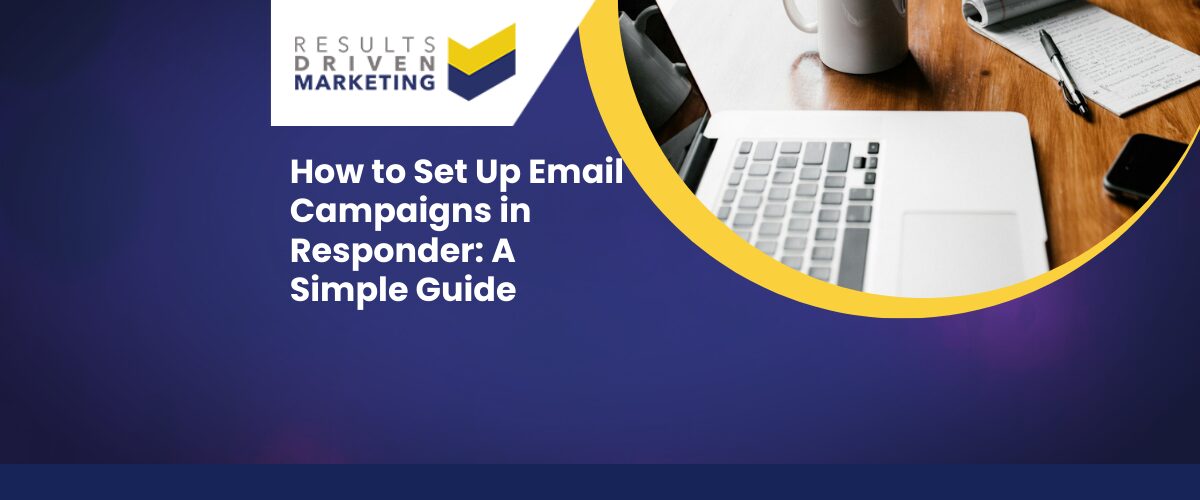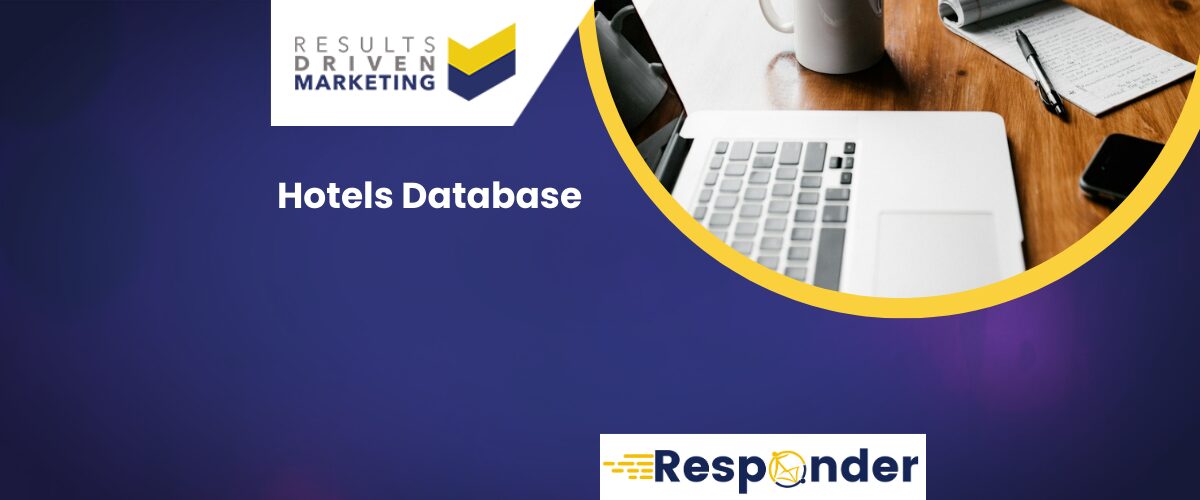
Hotels Database | Instantly Reach the Right Audience
A hotels database is one of the most valuable marketing tools for businesses looking to connect directly with decision-makers across the UK hospitality sector. Whether you’re promoting cleaning supplies, guest experience technology, interior furnishings, or staff training services, access to an accurate and up-to-date database of hotels gives you the ability to reach buyers, general managers, and procurement teams who can make real purchasing decisions.
Instead of wasting time on outdated contact lists or broad, untargeted campaigns, a high-quality hotels database lets you run precise, data-driven marketing — ensuring your message lands in the right inbox or on the right desk every time. From independent boutique hotels and B&Bs to national and international chains, the right data empowers you to scale your outreach with confidence.
In this guide, we’ll explore exactly how to make the most of your hotels database — including how to use it for targeted campaigns, how to keep it clean and compliant, and why it’s one of the smartest investments you can make for your marketing strategy. Whether you’re running email marketing, telemarketing, or direct mail, the insights below will help you get the most from your data and turn hotel contacts into lasting business opportunities.
Table of contents:
Hotels database count breakdown
At the time of writing (we operate from a live count system)…
Our hotels database contains contact information for 12,556 contacts across 9,998 individual hotels.
- 12,556 records with company name, postal address and a contact name, contact job title
- 8,334 contain a TPS checked telephone number
- 5,875 with a decision maker email address
What fields are available in the hotels database
- Job role
- Job function
- Company turnover
- Number of employees
- Web URL
- SIC 2007
- SIC 2003
- Line of business
We understand that the full hotels database may not be relevant to your needs, so feel free to drop us a line and a member of our team will take you through the various filtering options we have available. Contact us.
Our hotels database accuracy guarantee
The hotels is guaranteed accurate to industry high standards:
- 98% postal address accuracy
- 95% telephone number and contact name accuracy
- 95% email address accuracy
Should we fall below any of the above minimum benchmarks, we offer a like for like replacement service of pro-rata refund.
This provides total peace of mind to businesses ordering for the first time.
Why marketing products and services to hotels presents a big opportunity
Hotels are a cornerstone of the hospitality industry, constantly investing in products and services to enhance their operations and guest experiences. Marketing to this sector opens doors to a lucrative and ever-growing market.
Hotels consistently need solutions such as advanced technology, furnishings, cleaning products, and staff training programs to remain competitive. They also regularly update their facilities and adopt new trends, creating ongoing demand for innovative products and services.
With our hotels database, clients target key contacts responsible for purchasing decisions, from general managers to procurement officers. This ensures that your marketing efforts are focused, efficient, and impactful.
Using a tailored, accurate, and GDPR-compliant hotels database, you can tap into this dynamic market and position your products or services as essential solutions for the hospitality industry.
How a Hotels Database Helps You Target Decision-Makers
A hotels database isn’t just a collection of names and numbers — it’s a marketing tool that puts you directly in touch with the people who make purchasing decisions. From general managers to procurement heads, having verified contact details means your campaigns reach the right inboxes, phones, and desks.
Why it matters
-
Save time and budget – eliminate wasted effort on generic lists and focus only on qualified hotel contacts.
-
Build multi-channel campaigns – combine email outreach with telemarketing data and direct mail data to maximise response.
-
Stay GDPR-compliant – work with a database that’s regularly cleansed, screened with a CTPS checker, and enriched for accuracy.
-
Personalise with confidence – segment by property size, location, turnover, or job role to craft messaging that resonates.
At Results Driven Marketing, our hotels database is built to deliver measurable ROI. By combining it with services like data cleansing, data enrichment, and our Responder email marketing platform, you’ll have everything you need to run compliant, targeted campaigns that convert.
How to Use a Hotel Database to Drive Targeted Marketing Campaigns
A hotel database is far more than a simple list of contact details — it’s a powerful marketing asset that enables your business to reach the right people at exactly the right time. Whether you’re selling hospitality products, guest management software, cleaning supplies, or marketing services, using a well-structured hotel database helps you maximise engagement and ROI across every campaign.
Segment Your Hotel Database for Precision Targeting
Segmentation is the foundation of successful hotel marketing. Every property operates differently — from small independent B&Bs to national hotel chains — and your message must reflect that. By segmenting your hotel database, you can tailor campaigns based on:
-
Hotel type: Boutique hotels, resorts, chains, or serviced apartments.
-
Location: Regional targeting for local suppliers or nationwide campaigns for large distributors.
-
Size and capacity: Align your offer with hotels’ operational scale, from small inns to multi-property groups.
-
Departmental contacts: Target the right decision-makers such as General Managers, Operations Directors, or Procurement Officers.
This approach ensures your marketing feels relevant and personal, increasing open rates, engagement, and conversions.
Run Multi-Channel Campaigns for Maximum Reach
A hotel database allows you to execute fully integrated campaigns across multiple marketing channels — reaching hotel decision-makers through the platforms they use most.
-
Email marketing: Share offers, new product launches, and updates directly with verified contacts.
-
Telemarketing: Start meaningful conversations with managers and buyers to build long-term relationships.
-
Direct mail: Send professional brochures or product samples that leave a tangible impression.
-
Social outreach: Use LinkedIn to strengthen relationships and boost brand visibility among hospitality professionals.
By coordinating these channels, your brand remains top-of-mind throughout the decision-making process.
Keep Your Hotel Database Clean, Compliant, and Updated
Accuracy and compliance are crucial for maintaining the success of your campaigns. Outdated or incomplete records can lead to poor deliverability, wasted spend, and even compliance issues.
To maintain a strong hotel database, you should:
-
Use Data Cleansing Services to remove duplicate or invalid entries.
-
Enhance your database with Data Enrichment Services to fill missing details like contact names, hotel size, and revenue.
-
Screen contacts through a CTPS Checker to ensure full GDPR compliance and protect your reputation.
A clean, regularly updated hotel database ensures your marketing efforts reach verified, relevant, and receptive audiences.
Turn Data into Long-Term Business Growth
The true power of a hotel database lies in its ability to drive consistent growth. By combining accurate data with targeted messaging and a multi-channel strategy, you can generate more qualified leads, strengthen industry relationships, and expand your client base in the UK hospitality sector.
At Results Driven Marketing, our hotel database solutions — supported by expert data cleansing, enrichment, and email marketing services — are designed to help you reach the right hotels efficiently and confidently. Whether you’re looking to start a campaign today or refine an existing strategy, we provide the data and support you need to succeed.
Here’s how we’ve has helped other businesses?
You can find more testimonials here
Who uses our hotels database?
Our hotels database is a vital tool for clients targeting senior purchasing decision-makers within the hospitality industry.
- Technology Providers: Market booking systems, property management software, and smart room solutions to hotel decision-makers.
- Furniture Suppliers: Promote furniture and interior solutions for hotel rooms, lobbies, and conference areas.
- Food and Beverage Suppliers: Connect with hotels to supply ingredients, beverages, and catering solutions.
- Cleaning and Maintenance Services: Offer cleaning products, equipment, and maintenance contracts to hotel management teams.
- Marketing Agencies: Use the database to run targeted campaigns for their hospitality-focused clients.
- Training Providers: Advertise staff development programs and certifications to enhance hotel service quality.
By using a GDPR-compliant and accurate hotels database, these businesses can directly engage decision-makers and maximise their marketing impact.
Here’s how our clients are using the hotels database to get results
Our clients utilise our hotels database for postal, telephone, and email marketing campaigns, each offering unique benefits.
Postal marketing to hotels
- Benefits: Delivers tangible materials like brochures and samples, creating a lasting impression on decision-makers.
- Why It Works: Personalisation makes mail stand out, appealing to professionals who value attention to detail.
- Result: Builds credibility, trust, and engagement with hotel management teams.
Telephone marketing to hotels
- Benefits: Enables direct, real-time conversations with decision-makers, ideal for explaining complex products or services.
- Why It Works: Personal interaction builds trust and provides instant answers to queries.
- Result: Converts prospects into clients and fosters long-term relationships.
Email marketing to hotels
- Benefits: Cost-effective and scalable, perfect for sharing promotions, newsletters, or event invitations.
- Why It Works: Email is accessible and convenient for busy hotel professionals.
- Result: Drives high engagement and delivers measurable ROI.
By leveraging a tailored and GDPR-compliant hotels database, businesses can effectively connect with hotel decision-makers across all marketing channels.
Why purchase your hotels database from Results Driven Marketing?
At Results Driven Marketing, we specialise in providing high-quality, accurate, and GDPR-compliant hotels databases tailored to meet your needs. Here’s why businesses trust us:
1. Unmatched data accuracy
Our hotels database is continuously updated to ensure accuracy and relevance. With contact details for key decision-makers, including owners, managers and procurement officers, you can be confident your campaigns are reaching the right audience.
2. GDPR-Compliant and reliable
We understand the importance of data compliance. All our databases meet the highest GDPR standards, giving you peace of mind as you connect with hotels across the UK.
3. Customisable filtering options
Not all businesses have the same needs. That’s why we offer tailored filtering options, allowing you to target specific locations, services, or hotels sizes. This ensures your campaigns are as effective and focused as possible.
4. Expert support and guidance
With over seven years of experience in the industry, our team is here to provide advice and assistance every step of the way. From selecting the right data to optimising your outreach strategy, we’re committed to your success.
5. Proven results
Our clients consistently report higher engagement rates, better campaign ROI, and stronger connections within the hospitality sector. Whether you’re promoting products, services, or events, our database provides the foundation for measurable success.
Visit our Contact us page or speak with one of our experts to explore your options.
Other sectors of interest?
If our hotels database caught your attention, you may also benefit from exploring other industry-specific databases we offer. These marketing lists are perfect for connecting with key decision-makers across various sectors, helping you expand your reach and boost your campaigns.
With access to over 3.25 million business records, we hold direct mailing lists, telemarketing lists and email address lists on all industry sectors.
Here are a few related to the hospitality sector which some clients that target hotels, also found to be of interest.
Pubs Database | Restaurants Database | Cafes Services Database | Takeaways Database
Data delivery
When you buy data from us, we aim for next working day delivery. However, we understand that clients working with us for the first time and those that have campaigns planned would sometimes prefer their data delivered on the same day as payment. As such, we can sometimes expedite database delivery.
Hotels database FAQ’s
Is the hotels database GDPR Compliant?
Compliance is something that we place massive importance on. We wouldn’t be able to stand by our company ethos of only supplying the best b2b data available if we didn’t.
If you have any concerns with regards the compliance of our UK hotels database or any of our b2b data solutions, feel free to call us on 0191 406 6399 and speak to us directly.
Where does the hotels database originate?
We work with the UK’s leading data aggregator who have been voted b2b data supplier of the year for a record five times.
Established for over forty years, they take the very best parts of the top five data houses in the UK to compile their master file of over 3.25 million records, which we supply from.
How much does the hotels database cost?
Costs are dependent on volume. The more you buy, the cheaper it gets. Like most providers, we charge per thousand records but to be able to give you a clear quote, it would be great if you could let us know your specific requirements.
Can the hotels database be filtered?
Absolutely. We understand that no two customers the same and encourage each to discuss their individual needs with us. Our consultants are more than happy to talk you through we can go about making this meet your specific markets, exactly.
What licence terms are offered on the hotels database?
All our b2b data is made available on a 12 month multi-use licence. Click here for a full T&C’s or contact us for more information.
What format does the hotels database come in?
Our b2b data is sent you via secure email transfer in a password protected .xls (Excel) file. This can be easily saved as a .csv and imported into any CRM, dialler or email marketing platform.
Our experience is marketing to hotels for clients
Our Responder email marketing platform is the perfect solution for reaching hotels effectively. Designed for simplicity and efficiency, Responder empowers clients to send their own in-house email campaigns directly to decision-makers within the hospitaliy sector.
Key benefits of Responder:
- Universal compatibility: Accepts all email lists, including our highly accurate hotels database.
- Cost-effective: A budget-friendly platform without compromising on functionality.
- User-friendly: Easy to navigate, even for beginners, ensuring smooth campaign management.
- Comprehensive support: Our team is always on hand to assist you every step of the way.
With Responder, you have everything you need to craft impactful, targeted campaigns that resonate with hotels decision-makers and deliver measurable results.
Let us handle the heavy lifting
Don’t have the time or expertise to manage your email marketing campaigns? Our managed email marketing services offer a hassle-free way to connect with hotels. We handle every aspect of your campaign, ensuring it is professional and effective.
What’s included in our managed services:
- Bespoke HTML email design: Custom emails tailored to your brand and message for maximum impact.
- Targeted delivery: We use our hotels database to ensure your broadcasts reach the right contacts.
- Expert campaign management: From planning to execution, we take care of everything, allowing you to focus on other business priorities.
Whether you prefer the hands-on approach of Responder or the convenience of a fully managed service, we provide the tools and expertise to make your email marketing campaigns to hotels a success. Contact us today to learn more!
Here’s how you can get the best out of our hotels database
When it comes to promoting your products and services to senior purchasing contacts within the hospitality sector, precision is key. Our hotels database is your gateway to targeted marketing success.
With accurate, GDPR-compliant data, you can craft campaigns that resonate. Here, we’ll explore how postal, telephone, and email marketing campaigns can help you connect with hotels effectively, maximise your ROI, and achieve measurable results.
Postal marketing campaigns
Postal campaigns offer a unique opportunity to stand out in today’s digital-heavy landscape. Receiving a physical piece of mail can create a lasting impression, especially when targeting hotels who value detail and professionalism.
Merits:
Tangible materials like brochures or samples demonstrate a commitment to quality. Personalised mailings are more likely to grab attention and evoke a response.
Potential returns:
A well-designed postal campaign builds trust, increases engagement, and fosters credibility for your brand.
Best practices:
Use your hotels database to personalise each piece with the recipient’s name and firm details. Keep the design professional and clear, and include strong calls to action, such as a unique offer or a request to schedule a consultation.
Telephone marketing campaigns
Telephone campaigns provide direct, real-time communication with decision-makers, making them ideal for explaining complex offerings or answering questions on the spot.
Merits:
Calls establish a human connection, helping to build trust and understanding of your product or service.
Potential returns:
Personalised conversations lead to higher conversion rates and open doors to long-term relationships.
Best practices:
Equip your team with product knowledge and sales training. Use the hotels database to focus on pre-qualified leads who are most likely to benefit from your services. Follow up with tailored emails or materials to reinforce the call.
Email marketing campaigns
Email marketing is a powerful, cost-effective way to reach senior decision-makers within hotels. It’s perfect for delivering updates, promotions, and educational content directly to inboxes.
Merits:
Emails are easy to track and tailor, making them highly versatile for various marketing goals.
Potential Returns:
A well-crafted email campaign can deliver one of the highest ROIs in marketing, driving engagement and conversions.
Best Practices:
Segment your hotels database to send targeted messages. Create compelling subject lines and concise content that highlights clear benefits. Always include GDPR-compliant opt-out options to maintain trust and compliance.
Hospitality associations
If you are interested in the finer working of the UK hospitality sector in general, you can check out https://www.ukhospitality.org.uk/ who are the trade body for hospitality in the UK. They lobby government, champion the hospitality sector and provide expert advice and guidance.
Email Marketing to a Hotels Database
What Are the Advantages of Email Marketing to Your Hotels Database?
When it comes to promoting your services to the hospitality sector, email marketing continues to be one of the most efficient, scalable, and effective strategies out there. If you’re working with a verified hotels database, the results can be surprisingly powerful — not just for outreach, but for actual engagement and response.
Below, we break down the top advantages of using email marketing when targeting hotels.
Direct Access to Hotel Decision-Makers
Email marketing offers one clear edge: it takes your message straight to the inboxes of those who can actually say “yes.” Whether it’s the general manager overseeing budgets, the marketing head looking for a competitive edge, or the bookings team sourcing vendors — your message lands where it matters.
Instead of casting a wide net and hoping for a bite, email allows you to:
-
Personalise content based on role, region, or property size
-
Get in front of stakeholders without waiting weeks for a call back
-
Send tailored messages that are more likely to result in enquiries or conversations
Let’s say you’re reaching out to a chain of boutique hotels — with an accurate B2B Data list, you can filter your audience based on job title, property type, and location. You’re not guessing. You’re targeting.
If you want to maximise your success, it’s worth pairing email campaigns with Data Cleansing Services. Keeping your hotels database clean means fewer bounces, fewer complaints, and better inbox placement.
A Channel That Doesn’t Break the Bank
One of the biggest reasons marketers rely on email? It’s affordable — especially when stacked up against other channels.
Let’s do a quick comparison:
| Channel | Average CPA (Cost Per Acquisition) | Scalability | Personalisation |
|---|---|---|---|
| Email Marketing | Low | High | High |
| PPC (e.g. Google Ads) | Medium to High | Medium | Low |
| Social Ads | Medium | Medium | Medium |
| Direct Mail | High | Low | Low |
With email, the investment is lower and the ROI is typically higher — particularly if you’re targeting a qualified hotels database with offers that genuinely speak to their needs. You can also improve your deliverability and compliance by using our CTPS Checker to avoid calling contacts who’ve opted out of telemarketing.
And let’s not forget scalability — once your template and audience are set, you can send your campaign to 500 hotels or 50,000 without significantly increasing your spend.
Strong ROI, Especially for Hospitality Campaigns
If you’re asking whether email is still worth it — the data speaks for itself. Hospitality brands that use email effectively often see:
-
Open rates ranging from 18% to 25%
-
Click-through rates (CTR) between 2% and 4%
-
Conversion rates between 1% and 3%, depending on the offer
That might not sound massive at first glance, but remember — these are highly targeted sends. You’re not throwing your budget at random impressions. You’re engaging hotel professionals who are more likely to book a demo, download a brochure, or request a callback.
If you’re sending messages to international properties, our International Email List gives you access to global hotel contacts — helping you scale internationally without losing relevance.
To really drive conversions, we recommend aligning your email campaigns with Email Marketing Management Services. From subject line testing to performance analysis, everything’s handled — so you can focus on closing the deals.
What are the Key Considerations When Email Marketing to Your Hotels Database?
Email marketing to your hotels database can be highly effective, but it requires a careful, strategic approach to ensure success. Here are some key considerations to keep in mind when crafting your email campaigns.
Data Quality
One of the most important factors in email marketing success is ensuring the data in your hotels database is clean, up-to-date, and accurate. If your data is outdated or incorrect, you risk sending irrelevant offers to the wrong people, which can lead to unsubscribes or, worse, a damaged reputation. To maintain high-quality data, consider using RD Marketing’s data cleansing services to keep your hotels database accurate and reliable.
Segmentation
The power of email marketing lies in its ability to target specific segments of your audience. With your hotels database, you can segment customers based on various factors such as their booking history, preferences, location, or past interactions. Tailored campaigns will resonate far better than generic messages. For instance, you can send personalised offers to guests who have previously stayed at specific locations or promote seasonal deals to customers who frequently book during certain months.
Frequency
Finding the right balance in your email frequency is crucial. Too many emails can overwhelm your subscribers and cause them to unsubscribe, while too few may result in losing engagement and brand recall. Test different frequencies and monitor engagement levels to find the sweet spot. You want to stay top-of-mind without being intrusive. If you’re struggling to find the right frequency, RD Marketing’s email marketing management services can help you optimise your campaign schedule.
Compliance
With the rise of data privacy laws like GDPR, it’s essential to ensure that your email marketing campaigns comply with all relevant regulations. This includes obtaining explicit consent before sending promotional emails, providing easy opt-out options, and safeguarding customer data. Ensuring compliance not only protects your hotel but also builds trust with your guests. You can also use RD Marketing’s CTPS checker to help ensure your communications reach the right people.
Personalisation
Personalisation is one of the key drivers of engagement in email marketing. Instead of sending generic emails, address recipients by their names and provide content that’s tailored to their previous interactions with your hotel. Whether it’s promoting offers based on past stays or sending birthday wishes with a special discount, personalised emails make guests feel valued and increase the likelihood of conversion.
Incorporating these considerations into your email marketing strategy can significantly improve the effectiveness of your campaigns and help you build stronger, more meaningful relationships with your hotels database.
For further insights and services to enhance your email marketing, explore RD Marketing’s email marketing management services.
What are the Alternatives to Email Marketing to Your Hotels Database?
While email marketing is undoubtedly a powerful tool for engaging with your hotels database, it’s not the only channel available. There are several alternatives that can complement your email campaigns and help you connect with guests through different touchpoints. Let’s take a closer look at some of these alternatives.
Social Media Marketing
Platforms like Facebook, Instagram, and Twitter have become integral parts of any marketing strategy. These social media channels allow you to engage with your audience in a visual and interactive way. With highly targeted advertising options, you can promote special offers, discounts, and updates directly to a specific segment of your hotels database based on their interests, behaviors, and demographics. In fact, social media ads can even help drive traffic back to your website, where your guests can book a stay. If you need more insight into how to effectively use social media for marketing, check out RD Marketing’s B2B data services.
Paid Search Ads (Google Ads)
Google Ads provide an excellent opportunity to reach guests who are actively searching for accommodations. Whether they’re looking for a last-minute deal or a vacation destination, paid search ads allow you to target keywords related to your hotel’s location and services. By appearing at the top of search engine results, you can increase visibility and drive highly qualified traffic to your website. With Google Ads, you can also measure the success of your campaigns, ensuring that your budget is well spent. To further optimise your marketing efforts, you may want to consider using RD Marketing’s data enrichment services.
SMS Marketing
If you’re looking for a more immediate way to communicate with your guests, SMS marketing is a great option. Unlike email, which can be easily ignored or lost in crowded inboxes, text messages have a higher open rate and can prompt quick action. Use SMS to send booking reminders, special offers, or last-minute deals directly to your guests’ mobile phones. This direct and personal form of communication can help drive bookings and encourage guests to take action on time-sensitive promotions.
Push Notifications
Another effective way to keep your hotel top-of-mind is through push notifications. These messages pop up directly on users’ screens, whether they’re on your website or using your hotel’s app. Push notifications can be used to inform potential guests about promotions, discounts, or last-minute availability. Since these messages are highly visible and can be triggered based on specific actions, push notifications are a great way to re-engage website visitors and remind them to complete their booking.
Referral Programs
Word-of-mouth remains one of the most powerful marketing tools, and referral programs harness this power for your hotel. By offering incentives for existing guests to refer new customers, you can expand your hotels database while rewarding loyal guests at the same time. This can be in the form of discounts, free services, or other exclusive perks. Referral programs tap into your existing customer base to grow your reach in a cost-effective way.
Each of these alternatives can work well alongside your email marketing strategy to help you reach your hotels database across multiple channels. By diversifying your marketing approach, you’ll increase the chances of connecting with potential guests and driving bookings.
To get the best results from your marketing campaigns, consider integrating high-quality data sources like RD Marketing’s email address list data and telemarketing data into your campaigns.
Email Marketing Best Practices to Your Hotels Database
To maximise the effectiveness of your email marketing campaigns, it’s essential to follow some best practices. These strategies will help you engage your hotels database more effectively, increase conversions, and build stronger relationships with both new and returning guests.
Segment Your List
One of the most powerful things you can do when email marketing to your hotels database is segment your audience. Rather than sending one generic email to everyone, divide your database into specific groups based on behaviors, interests, or booking history. For example, you can target repeat guests with loyalty offers or reach out to people who haven’t booked in a while with re-engagement campaigns. By personalising your approach, you ensure that each recipient receives relevant content that speaks to their specific needs. If you’re unsure where to begin, RD Marketing’s data cleansing services can help you clean and segment your data effectively.
Personalise Emails
Personalisation is key to increasing email engagement. Address recipients by their name and send offers that are tailored to their past interactions with your hotel. For instance, if a guest has stayed in your luxury suites before, offer them an exclusive discount on their next stay in the same suite type. This level of personalisation builds trust and makes your guests feel valued, increasing the chances they’ll book again. Using personalised subject lines, messages, and offers can dramatically boost response rates. Learn more about how personalisation can enhance your email campaigns with RD Marketing’s email marketing management services.
Use Mobile-Friendly Designs
With more people accessing emails via mobile devices, it’s crucial to ensure your emails are optimised for mobile. This includes using responsive email templates that adjust to the screen size, having easy-to-read fonts, and making sure buttons or links are large enough to tap. A mobile-friendly email will help you avoid the frustrating experience of guests trying to read a cluttered or hard-to-navigate email on their phone. As mobile users make up a significant portion of online bookings, this is an area you don’t want to overlook.
Optimise Send Times
Timing is everything when it comes to email marketing. The right time to send your email can vary depending on your audience and their behavior, so it’s important to analyse past campaigns to determine when your guests are most likely to engage. For example, if your hotels database includes business travelers, sending emails early in the morning or during lunch breaks might yield better results. If you’re unsure of the best times, consider using RD Marketing’s data enrichment services to gain deeper insights into your customers’ habits and preferences.
Clear CTAs
Every email you send should have a clear call-to-action (CTA). Whether it’s “Book Now,” “Check Out Our Offers,” or “Learn More,” your CTA should be prominent and direct. Make it easy for recipients to take the next step by using visually appealing buttons or links that stand out. A well-crafted CTA guides recipients toward completing the action you want them to take, whether that’s booking a room, checking out a special offer, or visiting your website for more information.
By following these email marketing best practices, you’ll be able to send more relevant, personalised, and engaging emails to your hotels database. When combined with effective segmentation and the right tools, these strategies will help you boost bookings and maintain long-term relationships with your guests.
For more information on how to improve your email campaigns, explore RD Marketing’s email marketing management services.
How to A/B Split Test Email Marketing Campaigns to Your Hotels Database
A/B split testing is a great way to fine-tune your email marketing strategy and maximise engagement with your hotels database. By testing different elements in your campaigns, you can gain valuable insights into what works best for your audience. Here’s how you can perform effective A/B testing:
Subject Lines
The subject line is often the first thing your recipients see, so it’s essential to get it right. A/B test variations in subject lines to see which one garners more open rates. You might try different approaches like adding urgency (“Limited Time Offer!”) versus focusing on value (“Exclusive Offer for You”). This simple tweak can have a significant impact on whether your email is opened, so make sure to test different versions.
Email Content
Testing the content of your emails is crucial to understanding what resonates most with your audience. Try experimenting with different messaging styles, such as short and snappy versus more detailed and informative. You can also personalise the content for specific segments of your hotels database, or keep it general to see which approach leads to higher engagement. If you’re unsure about how to segment your data, RD Marketing’s data enrichment services can help refine your hotels database for more personalised campaigns.
CTA Buttons
The call-to-action (CTA) is one of the most important elements in your email. Test different button texts and designs to see what drives the best click-through rates. Phrases like “Book Now” might work better than a generic “Click Here,” while larger, more colorful buttons may attract more attention than smaller ones. A/B testing your CTAs will help ensure that your recipients know exactly what action to take and are motivated to do so.
Send Times
Timing can make a huge difference in email marketing performance. A/B test sending emails at different times of the day or on different days of the week to find the optimal time for engagement. For example, you might find that emails sent on Tuesdays at 10 a.m. get more opens than emails sent on Fridays in the afternoon. By analysing the results, you can optimise the timing of your emails to ensure they reach your hotels database at the perfect moment.
Visuals
Visual elements like images, colors, and layouts can significantly influence how your email is perceived. A/B test different visuals to determine which designs attract more attention and encourage interaction. Whether it’s the use of a high-quality image of your hotel or a clean, minimalistic design, testing visuals will help you refine your email layout for maximum impact.
By incorporating A/B testing into your email marketing strategy, you’ll be able to optimise your campaigns for better performance and ensure that your emails are engaging your hotels database in the most effective way. To learn more about optimising your email campaigns, consider exploring RD Marketing’s email marketing management services.
How to Measure Email Marketing Campaign Results to Your Hotels Database
Tracking the performance of your email marketing campaigns is crucial for understanding what works and what needs improvement. By measuring key metrics, you can adjust your strategy to ensure you’re effectively engaging your hotels database and driving more bookings. Here are the primary metrics you should monitor:
Open Rate
The open rate is the percentage of recipients who open your email. This is one of the first indicators of whether your subject line and preview text are compelling enough to grab attention. If your open rate is low, it may be time to test different subject lines or tweak the timing of your sends. A good open rate shows that your emails are reaching the right people, and that they are interested enough to see what’s inside. If you’re struggling to reach the right people, consider investing in RD Marketing’s B2B data to refine your hotels database.
Click-Through Rate (CTR)
The click-through rate measures the percentage of recipients who clicked on a link or CTA within your email. This is a crucial metric for gauging the effectiveness of your email content and calls to action. If your CTR is low, you may need to adjust your messaging, CTA buttons, or visual design to make them more enticing. Testing different button designs and copy can help improve this metric and lead to more conversions.
Conversion Rate
Conversion rate tracks how many recipients completed the desired action, such as booking a stay, signing up for an offer, or clicking through to your website. This is the ultimate goal of your email campaign. A high conversion rate indicates that your email effectively moved recipients toward making a purchase or taking action. To improve conversions, ensure that your email content is relevant, personalised, and has a clear CTA. You can enhance your hotels database with the help of RD Marketing’s data enrichment services for more targeted and relevant outreach.
Bounce Rate
The bounce rate indicates the percentage of emails that did not successfully reach their destination. High bounce rates can signal issues with the quality of your hotels database, such as outdated or incorrect email addresses. A clean, up-to-date list will help reduce bounces and improve deliverability. If you’re facing high bounce rates, consider using RD Marketing’s data cleansing services to ensure the accuracy of your hotels database.
Unsubscribe Rate
The unsubscribe rate shows the percentage of recipients who opt out of receiving future emails. While it’s normal for some subscribers to leave, a high unsubscribe rate can be a sign that your emails are irrelevant, too frequent, or not valuable enough. Regularly reviewing your email frequency and content can help keep this rate low. Pay attention to trends in unsubscribes, and use feedback to adjust your approach.
Revenue Generated
Ultimately, the goal of any marketing campaign is to drive revenue. Track how much direct revenue or bookings are attributed to each email campaign. This will give you a clear picture of the return on investment (ROI) for your email efforts. A solid strategy, combined with a well-maintained hotels database, can significantly increase revenue over time.
By tracking these key metrics, you’ll have a clear understanding of how your email marketing campaigns are performing and where improvements can be made. With the right tools and data, you can ensure that your email campaigns to your hotels database are optimised for success.
For further insights into how to optimise your email campaigns, explore RD Marketing’s email marketing management services.
How to Craft Email Marketing CTA’s to Your Hotels Database
Crafting effective calls-to-action (CTAs) in your email campaigns is crucial for driving conversions and getting your hotels database to take action. A well-designed CTA encourages recipients to click through and complete a booking, claim an offer, or engage further with your brand. Here are some best practices for creating CTAs that work.
Use Action-Oriented Language
To encourage your hotels database to take immediate action, use compelling, action-driven words in your CTAs. Phrases like “Book Now,” “Claim Your Offer,” or “Explore Our Deals” are clear and direct. Action-oriented language helps recipients understand what to do next and motivates them to act right away. The goal is to create a sense of urgency and excitement around your offers, encouraging bookings or further engagement. If you’re looking to refine your database and send more targeted emails, consider exploring RD Marketing’s data enrichment services.
Make the CTA Stand Out
A CTA that blends into the background is unlikely to attract attention. Ensure that your CTA is visually distinct and easy to find. Use contrasting colors for buttons or links to make them pop from the rest of the email’s content. The design should be clean, but the CTA must be a focal point. This could include large, bold buttons with clear and concise text. Make sure the CTA stands out so recipients can easily identify it and know exactly what action to take.
Create Urgency
Fostering a sense of urgency can encourage your hotels database to act quickly. Use phrases like “Limited Time Offer,” “Book Today for Best Rates,” or “Only a Few Rooms Left” to prompt immediate action. Urgency helps recipients feel like they might miss out on a great deal, pushing them to click through and complete their booking sooner. Creating urgency in your CTAs can significantly boost your conversion rates, especially when tied to time-sensitive promotions.
Be Clear and Concise
Simplicity is key when it comes to CTAs. Your message should be short, direct, and to the point. Phrases like “Book Now” or “Learn More” clearly communicate the action that needs to be taken. Avoid any unnecessary words or jargon that could confuse recipients or dilute the impact of your message. A clear and concise CTA will help your hotels database quickly understand what you want them to do and reduce friction in the decision-making process.
By crafting effective CTAs, you can boost engagement, drive more conversions, and ultimately encourage more bookings from your hotels database. Be sure to test different CTAs to see what resonates best with your audience, and refine your strategy over time for optimal results.
For more insights into creating compelling email campaigns, visit RD Marketing’s email marketing management services.
How to Craft Email Marketing Subject Lines to Your Hotels Database
Your email subject line is the first thing your recipients will see, and it plays a huge role in whether they open your email. To get the best results from your hotels database, it’s important to craft subject lines that grab attention and make your recipients want to learn more. Here’s how you can create subject lines that work.
Be Clear and Descriptive
The subject line should clearly communicate the benefit of opening the email. Avoid vague or misleading subject lines, as they could frustrate recipients and lead to higher unsubscribe rates. Be transparent about what your email contains. If you’re offering a discount or special deal, make sure to mention it directly in the subject line. This helps set clear expectations for what’s inside and entices recipients to open the email.
Use Personalisation
Personalisation can significantly increase your open rates. If you have access to your hotels database and know guest names, use them in the subject line. For example, “John, Your Exclusive Offer Awaits!” is far more engaging than a generic “Special Offer for You.” You can also tailor the message based on previous bookings or guest preferences, such as “Special Deal for Your Favorite Room Type” or “Your Next Stay at [Hotel Name]” to make the subject line feel even more relevant.
Incorporate Urgency
Creating a sense of urgency can encourage recipients to open your email immediately. Use phrases like “Last Chance,” “Limited Time Offer,” or “Book Now for 20% Off” to compel action. Urgency triggers a fear of missing out (FOMO), which can motivate people to act faster, especially if you’re offering a time-sensitive deal. This works particularly well when combined with personalisation—telling a guest that their favorite room is almost sold out can drive bookings quickly.
Keep It Short and Engaging
Subject lines should be concise and to the point. Research suggests that subject lines with 40-50 characters tend to perform best. Keep it short so the message isn’t cut off in inbox previews, especially on mobile devices. Additionally, an engaging subject line should be clear and intriguing—don’t overcomplicate it. A catchy, straightforward subject line is more likely to grab the attention of your hotels database than a long-winded one.
Test Subject Lines
A/B testing your subject lines is a great way to discover which ones resonate best with your audience. Try testing different formats—short versus long, personalised versus generic, or urgency versus value-oriented—and measure the results. This way, you can continuously optimise your email campaigns to get the best open rates possible. RD Marketing’s email marketing management services can help you design and track these tests for better performance.
Crafting the perfect subject line is an ongoing process of trial and error, but with the right strategies and insights, you can significantly improve your engagement rates and get your hotels database to open more emails.
How to Measure the ROI of Email Marketing Campaigns to Your Hotels Database
Measuring the return on investment (ROI) of your email marketing campaigns is essential to understand how well your efforts are paying off. By tracking key metrics, you can assess the impact of your campaigns on bookings, revenue, and engagement. Here are the critical ways to measure the ROI of your email marketing efforts to your hotels database:
Track Direct Bookings
The most straightforward way to measure the effectiveness of your email campaigns is by tracking how many bookings resulted directly from the campaign. Use tracking codes or unique links in your email to monitor how many people clicked through to your booking page and made a reservation. This gives you a clear idea of the direct impact your emails have on your hotel’s revenue.
Evaluate the Lifetime Value of a Customer (LTV)
To assess the long-term value that each email subscriber brings, calculate the lifetime value of a customer (LTV). LTV takes into account the total revenue generated by a guest over their entire relationship with your hotel. By tracking this metric, you can determine whether your email campaigns are helping to build long-term relationships with guests and contributing to repeat business. This can be particularly valuable when you have a highly engaged hotels database that consistently responds to your campaigns. For insights on customer behavior and data, explore RD Marketing’s data enrichment services.
Calculate Cost Per Acquisition (CPA)
To determine how efficiently your email marketing efforts are generating new customers, calculate your cost per acquisition (CPA). This is done by dividing the total cost of your email campaign (including creative, software, and any associated costs) by the number of new customers acquired. A lower CPA means your campaigns are cost-effective, reaching the right audience, and generating good returns. You can use RD Marketing’s B2B data to refine your targeting and reduce CPA over time.
Monitor Engagement Metrics
Engagement metrics such as open rates, click-through rates, and conversion rates are crucial to understanding how well your emails are resonating with your hotels database. These metrics indicate how engaged your audience is with your content and whether your emails are driving the desired actions. Monitoring these engagement metrics regularly allows you to make data-driven adjustments to your campaigns. If you’re not seeing the desired results, it may be time to test different subject lines, messaging, or CTAs.
By tracking these key metrics, you can measure the ROI of your email marketing campaigns to your hotels database and make informed decisions on how to optimise future campaigns.
If you’re looking for ways to improve your data collection and management for better results, visit RD Marketing’s email marketing management services.
How to Segment Your Hotels Database for Email Marketing Campaigns
Effective email marketing relies on reaching the right audience with the right message. By segmenting your hotels database, you can send tailored, relevant emails that engage your guests and increase bookings. Here’s how you can segment your database to maximise the impact of your campaigns:
By Guest Preferences
Segment your hotels database based on past booking history, room preferences, or the services that guests have chosen during their stays. For example, you can send targeted offers for luxury suites to guests who previously booked those rooms or offer family packages to customers who often travel with children. Personalising the experience based on these preferences can increase the likelihood of recipients engaging with your email and making a booking.
By Location
Target guests based on their geographic location or the locations they’ve stayed at previously. If a guest has stayed at a hotel in one city, you can send them special offers or promotions for a different location in your chain. Alternatively, targeting guests based on location-specific promotions or regional discounts can lead to more relevant and effective campaigns. To refine your targeting even further, consider using RD Marketing’s international email list to reach guests in specific global markets.
By Demographics
Understanding the demographics of your guests allows you to send more personalised and relevant offers. Segment your hotels database by factors such as age, gender, income, or travel habits. For instance, young professionals might be more interested in weekend getaway offers, while retirees may respond better to extended stay packages. By leveraging demographic data, you can craft messages that truly resonate with your different guest groups.
By Behavior
Segmenting your database based on guest behavior is essential for creating targeted, engaging campaigns. For example, you can send different emails to repeat customers, first-time visitors, or guests who booked but didn’t show up. By analysing behavior patterns, you can offer loyal guests exclusive deals or send re-engagement emails to guests who have not booked in a while. This targeted approach increases relevance and conversion rates. If you need more insights into customer behavior, RD Marketing’s data enrichment services can provide valuable information.
By Engagement Level
Not all guests engage with your emails in the same way. Segment your hotels database by engagement level to send emails that are tailored to how often guests open your emails, click links, or book stays. Highly engaged guests may appreciate exclusive offers, while dormant subscribers might benefit from re-engagement campaigns with compelling subject lines or special discounts to spark interest. Understanding your audience’s level of engagement helps you avoid sending irrelevant emails and maximises the impact of your campaigns.
By implementing these segmentation strategies, you’ll be able to send highly targeted and effective emails to your hotels database, boosting guest engagement and driving more bookings.
For more insights into how segmentation can improve your campaigns, check out RD Marketing’s email marketing management services.
How to Integrate Email Marketing Campaigns to Your Hotels Database with Other Marketing Channels
Integrating your email marketing campaigns with other marketing channels is essential for creating a cohesive and effective strategy that reaches your hotels database across multiple touchpoints. This multi-channel approach increases engagement and enhances the overall customer experience. Here’s how you can seamlessly integrate email marketing with other marketing efforts:
Social Media
Social media is a great platform to reinforce your email marketing campaigns. You can use social media ads to remind your hotels database about the offers you’ve sent via email or even retarget users who clicked on your email but didn’t complete a booking. With the ability to target ads to a specific audience, you can ensure that your email messages are reaching the right people through different channels. If you’re aiming for better targeting and segmentation, RD Marketing’s B2B data can provide valuable insights into your audience.
SMS Campaigns
Sending timely SMS reminders alongside your email promotions can increase the reach and immediacy of your campaigns. SMS marketing is a great tool for last-minute reminders or time-sensitive offers. For example, if a guest has received an email about a special offer but hasn’t booked yet, you can send a follow-up SMS reminding them of the offer’s expiration date. Combining email and SMS ensures that your hotels database receives consistent and urgent messages, driving quicker action and bookings.
Retargeting Ads
Retargeting ads are an effective way to bring back visitors who interacted with your email but didn’t follow through with a booking. For instance, if someone clicked on a link in your email to learn more about your hotel’s amenities but didn’t complete the booking, you can target them with ads as they browse the web. This helps keep your brand top of mind and encourages them to return and finalise their reservation. If you’re looking to expand your reach and target specific groups, RD Marketing’s international email list can help you reach global customers.
Website Integration
Integrating your email marketing campaigns into your website is a smart way to grow your hotels database organically. Embed email signup forms on high-traffic pages of your website, such as the homepage, blog, or booking page. This encourages website visitors to subscribe to your mailing list and receive future offers directly to their inbox. As you drive more traffic to your website, you’ll have the opportunity to expand your hotels database and increase future engagement through email campaigns. To better manage your email list, consider using RD Marketing’s data cleansing services to maintain the quality of your database.
Referral Programs
Linking your email marketing campaigns with a referral program is a great way to encourage your existing guests to share your offers with their network. By offering incentives for referrals, such as discounts or free amenities, you can expand your hotels database and reach new guests. Encourage guests who have received an email promotion to forward the email to friends and family. This helps to leverage word-of-mouth marketing, making your campaigns more effective and increasing brand loyalty.
By integrating email marketing with these other channels, you can create a seamless and effective multi-channel strategy that helps you engage your hotels database at every touchpoint, increasing your chances of converting leads into loyal customers.
To learn more about how to integrate email marketing with other channels, explore RD Marketing’s email marketing management services.
Telemarketing to a Hotels Database
Who we are
Results Driven Marketing are a highly experienced marketing list supplier with nearly a decade of expertise in helping businesses connect with their target audiences in the UK, Europe, and around the globe.
Our commitment to excellence ensures that we only provide the most accurate and up-to-date files, fully compliant with GDPR regulations, giving you peace of mind as you grow your business.
Beyond supplying exceptional data, we bring years of email marketing expertise to the table, supporting our clients in crafting impactful campaigns that deliver real results. Whether you’re looking to expand your reach, boost engagement, or increase sales, we’re here to provide the tools and guidance to help you achieve your goals.
Work with us and discover why so many businesses trust us as their go-to data and marketing partner. Contact us today


